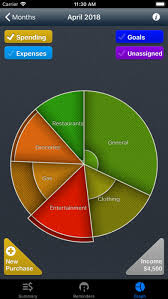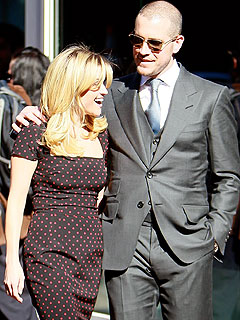There’s a new approach to helping you get closer. We give it a try to see how well it works.
Just weeks ago
I considered marriage education a faintly embarrassing process. Why on Earth, when my husband, Dan, and I were perfectly happy, would we sign up for what would surely make us squirm? Yet here we are, about to dive into the murky depths of our relationship in a take-home marriage-education course.
Thirty-five years ago.
therapists began admitting that marriage counseling (which begins with the premise that something’s amiss) wasn’t very successful. Back then, only 20 percent of counseled couples rated their marriages happier 2 years after the process. That failure rate spurred a new kind of intervention program: marriage education, where couples learn ways to communicate and resolve differences before a meltdown occurs. Although these courses aren’t for couples dealing with severe problems like adultery, violence, gambling, or substance abuse, they do seem to make basically sound unions better. Howard Markman, PhD, and Scott Stanley, PhD, co-developers of the Premarital Relationship Enhancement Program, found that their course raises a couple’s odds of staying together by 50 percent up to 5 years after the classes, for example.
The reality, though, is that many couples don’t consider marriage education an option, says W. Kim Halford, PhD, director of the Psychological Health Research Center at Griffith University in Brisbane, Australia. That’s why he and his colleagues came up with Couple CARE (Commitment And Relationship Enhancement). It’s a pioneering, do-it-at-home marital-ed course that uses workbooks, DVDs, and weekly phone sessions with a licensed therapist to guide couples through the process. The six-part series covers self-change, communication, intimacy and caring, managing conflict, sexual intimacy, and looking ahead.
What can you find out?
We’re feeling a little skittish as we start watching the short DVD. What dust would we kick up? Concerned, but not deterred, we scribble away in our workbooks, prompted by questions about our families of origin, power and control, gender roles, and conflict. Suddenly, I realize our marriage is more crowded than I thought, my parents astride my shoulders, Dan’s parents on his. Danny talks about how critical his mother had been of his father, and how easy it is to expect the same from me. I share my worries that marriage will simply erase me as it had my mother. It’s a relief to find we’re not ratting out each other, but our parents. Still, it feels both sad and exciting that, despite many years of marriage, these revelations surprise us.
Fresh honesty
After working through a few Couple CARE units, our responses are vastly different. His honesty helps me be more open to his concerns. In fact, the more he shares his feelings, the more relaxed I am about continuing the conversation. Instead of sputtering objections, I find myself agreeing with him. Indeed, these slight shifts in behavior are the pay dirt of the program. You explore alone and together how your marriage works, then decide what you want to change.
Scott Johnson, PhD, president-elect of the American Association for Marriage and Family Therapy and program director for the Marriage and Family Therapy Doctoral Program at Virginia Tech, thinks that learning how to amend your behavior is the most powerful component of Couple CARE. “The basic message is that you can’t change other people,” he explains.
Dan and I don’t take each other for granted. But in a life with kids, full-time jobs, and a house gathering dust balls, it’s easy to adopt a kind of shorthand. In the Couple CARE program, though, we found ourselves talking, sometimes for hours, like two people falling in love.







